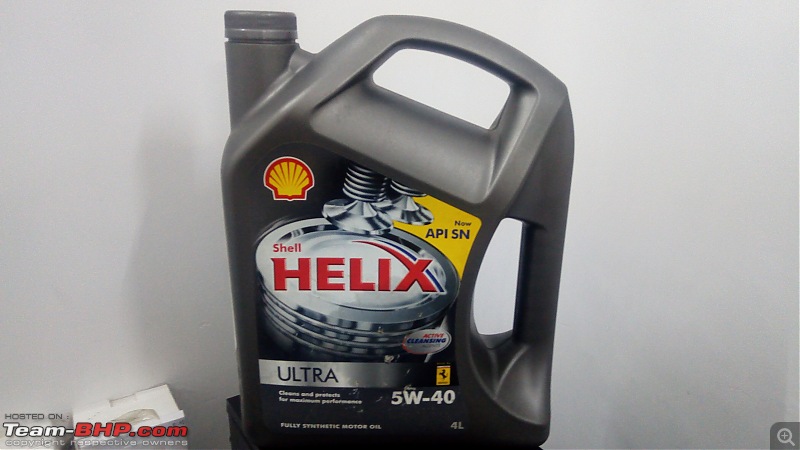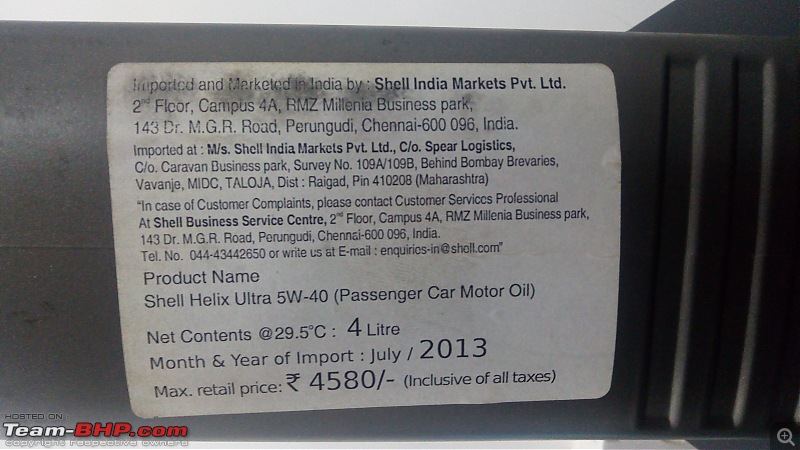| | #1 |
| BHPian | |
| |  (19)
Thanks (19)
Thanks
|
| | #2 |
| Team-BHP Support  | |
| |  (1)
Thanks (1)
Thanks
|
| | #3 |
| Distinguished - BHPian  | |
| |  (8)
Thanks (8)
Thanks
|
| | #4 |
| BHPian | |
| |  (1)
Thanks (1)
Thanks
|
| | #5 |
| Senior - BHPian Join Date: Jul 2009 Location: Calcutta
Posts: 4,665
Thanked: 6,234 Times
| |
| |  (7)
Thanks (7)
Thanks
|
| | #6 |
| Team-BHP Support  | |
| |  (9)
Thanks (9)
Thanks
|
| | #7 |
| BHPian Join Date: Oct 2015 Location: Bangalore
Posts: 88
Thanked: 200 Times
| |
| |  (2)
Thanks (2)
Thanks
|
| | #8 |
| Distinguished - BHPian  Join Date: May 2010 Location: Bengaluru
Posts: 4,470
Thanked: 6,860 Times
| |
| |  (4)
Thanks (4)
Thanks
|
| | #9 |
| BHPian Join Date: Jun 2015 Location: Bangalore
Posts: 433
Thanked: 1,889 Times
| |
| |  (4)
Thanks (4)
Thanks
|
| | #10 |
| BHPian | |
| |  (1)
Thanks (1)
Thanks
|
| | #11 |
| Distinguished - BHPian  | |
| |
| |
| | #12 |
| BHPian | |
| |  (2)
Thanks (2)
Thanks
|
| | #13 |
| Senior - BHPian Join Date: Jul 2009 Location: Calcutta
Posts: 4,665
Thanked: 6,234 Times
| |
| |
| | #14 |
| BHPian | |
| |
| | #15 |
| Senior - BHPian | |
| |
 |
Most Viewed



 We are talking about Petroleum and Lubricating Oils.
We are talking about Petroleum and Lubricating Oils.







